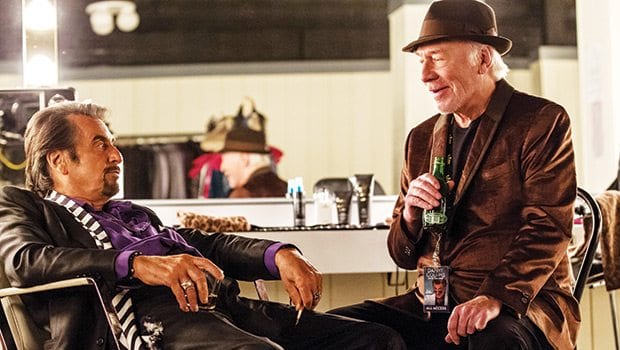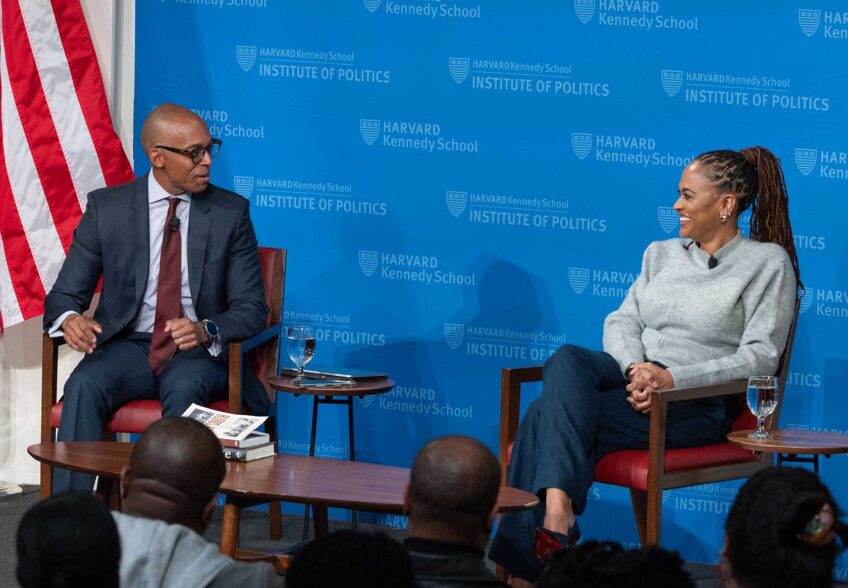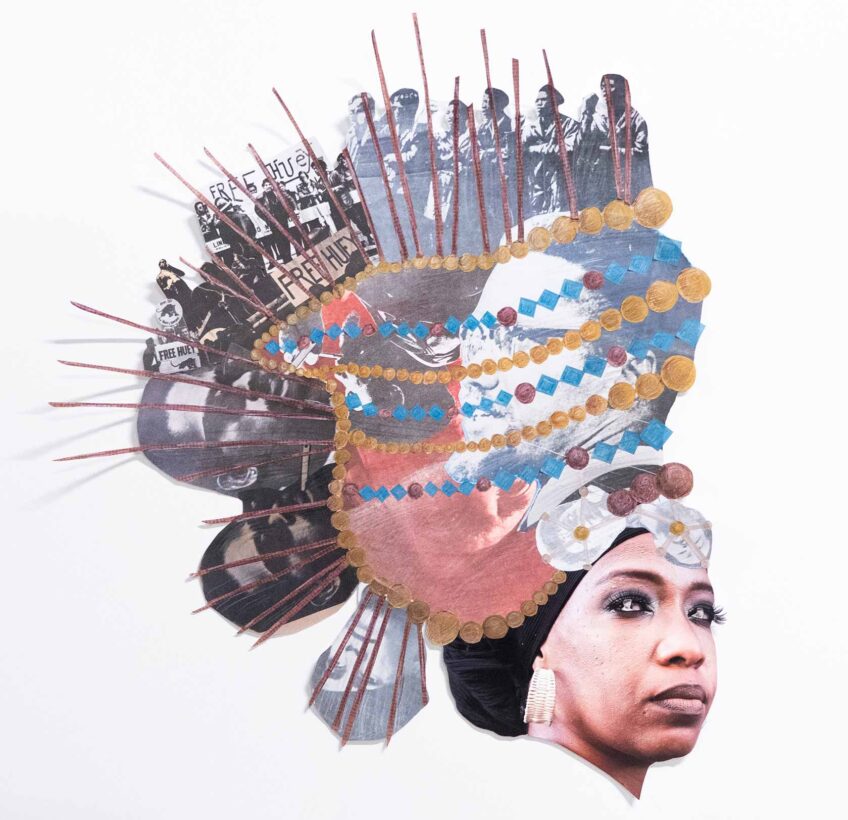Behind the camera
Screenwriter Dan Fogelman discusses new role as director

Crazy, Stupid, Love; Last Trip; The Guilt Trip; Tangled; Cars 1 and 2 are just several of the films you’ve probably seen in the last few years all written by the engaging Dan Fogelman. The screenwriter now adds director to his title with the heartwarming, sometimes serious and sometimes funny dramedy, Danny Collins.
Inspired by a true story, the film is about aging rock star Danny Collins (Al Pacino in the title role) who is presented on his birthday with a never-delivered letter written to him 40 years earlier by John Lennon, from his longtime manager and friend Frank Grubman (played by the incomparable Christopher Plummer). Danny begins to wonder “what if he and Lennon had met and how would his life be different?” Overnight, he upends his life: he leaves his fiancée in LA, cancels a sold-out tour and checks into a small-town New Jersey Hilton to connect with the family he abandoned on his rise to stardom 40 years earlier.
Written and directed by Dan Fogelman, Danny Collins is one of several sweet and engaging films such as Begin Again, St. Vincent, This Is Where I Leave You and The Way, Way Back that fill a much-needed void in the film spectrum, dealing with adult fare such as love, family and relationships.
“These movies are heart movies and they cost a lot of money,” says Fogelman, in Boston recently promoting the film. “A film like this, you really want Al Pacino. You want these movie stars in it. So, these movie star-driven dramedies are kind of accessible, funny and hopefully touching, and maybe not all critic-proof because critics can be cynical. They’re getting harder and harder to get done but it’s the kind of movie I like so I just keep chasing it.”
The hope is that these star-driven movies will also be commercially viable. The film, which was released by Bleeker Street, first opened in Los Angeles and New York at major commercial theaters in Century City Plaza and in Lincoln Center.
“My hope is that with the success of a movie like Begin Again, which I also loved, or as an example, The Way, Way Back, can get into as many theaters as you’d like to see them get into. This in many ways is a very populist movie that we made independently,” says the first-time director.
Adding soul and depth to the cast is Bobby Cannavale as Collins’ estranged son Tom Donnelly, Jennifer Garner as his wife Samantha, Giselle Eisenberg as their energetic seven-year old daughter Holly, and Annette Bening as Mary Sinclair, the Hilton hotel manager and Collin’s potential love interest.
Fogelman avoided directing for a long time because he felt he wasn’t ready. He decided to make the leap with this film for several reasons. He felt ready age-wise and on a maturity and career-level he says, “The timing felt right finally. I felt like I knew enough. I had been on enough sets. I worked with a lot of very big, very, very famous actors and I knew how to do that. I just felt ready.”
Another attachment
Fogelman also felt attached to the script in a different way.
“I felt like I couldn’t imagine good, bad or otherwise, because once you turn over a script to the director, the movie becomes theirs and not yours anymore,” he said. “That’s okay, that’s the way it’s done and the way it has to be, frankly. I’ve been very blessed to have worked with directors who’ve involved me in the process and keep me very involved and I’ve learned from them, literally on every single film. I couldn’t imagine, even if it turned into a better movie than I was capable of making, I couldn’t imagine it one hair different than the movie I wanted to make.”
Transitioning from screenwriter to director was “as big a jump as you can make,” says Fogelman. He describes the role of director as running a corporation “…where every single thing is a funnel, every single thing whether it be the color of the tablecloth, to the shape of a glass, to what do you want Al Pacino to say in a scene, everything runs through you.”
He adds that “as much as you’re being a creative, hopefully like visionary, you’re also just managing a lot of people and you need to be definitive and you need to be decisive. And you need to fake it a great deal of the time, because there’s no human being on the planet who has all the answers, but nobody wants an insecure director who can’t answer the questions.”
Of the stars he’s worked with, Fogelman knows that at the end of the day, they too have families and they have issues that they worry about, but “if you ultimately really want to direct them you need to be willing to engage with them as human beings and not as an Al Pacino.”
Danny Collins is now in theaters nationwide.

![Banner [Virtual] Art Gallery](https://baystatebanner.com/wp-content/uploads/2024/05/Breathe-Life-4-ToGetHe_WM-150x150.jpg)


![Banner [Virtual] Art Gallery](https://baystatebanner.com/wp-content/uploads/2024/05/Breathe-Life-4-ToGetHe_WM-848x751.jpg)

